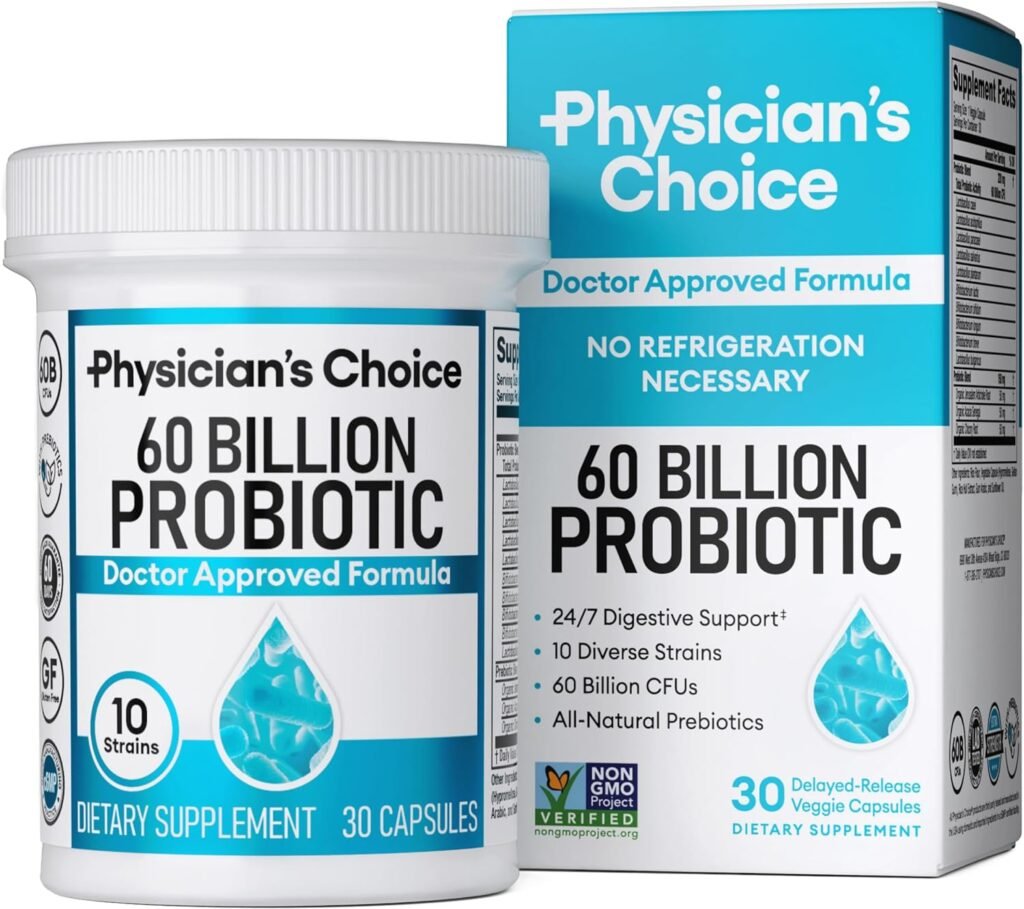Understanding Gut Microbiota
The term gut microbiota refers to the complex community of microorganisms, primarily bacteria, that reside in the gastrointestinal tract. This diverse ecosystem is composed of trillions of microorganisms, including bacteria, archaea, viruses, and fungi, which play a crucial role in maintaining overall health. The gut microbiota is involved in a multitude of bodily functions, predominantly in the processes of digestion and metabolism. These microorganisms are essential for breaking down complex carbohydrates, synthesizing vitamins, and producing short-chain fatty acids, which are beneficial for cellular health.
Beyond their role in digestion, gut microbiota significantly influences the immune system. It is estimated that a healthy gut microbiome contributes to the development and regulation of immune responses, helping the body defend against pathogens. Imbalances in this microbial ecosystem, often referred to as dysbiosis, can lead to various health issues, including inflammatory bowel diseases, allergies, and even metabolic disorders, highlighting the importance of gut health for longevity.
Several factors can influence the composition of gut microbiota, shaping its impact on health. Diet is paramount; high-fiber foods, such as fruits and vegetables, promote the growth of beneficial bacteria, while a diet rich in processed foods can lead to an imbalance in microbial communities. Lifestyle choices, including exercise, stress management, and sleep hygiene, also play critical roles in the health of the gut microbiome. Environmental factors, such as exposure to antibiotics or pollutants, can further disrupt this delicate balance.
Understanding the relationship between gut microbiota and overall health underscores the importance of making informed dietary and lifestyle choices. By nurturing a diverse and balanced gut ecosystem, individuals may enhance their resilience against diseases, ultimately contributing to greater longevity and improved quality of life.
Foods that Promote a Healthy Gut
Maintaining a balanced gut microbiota is crucial for overall health and longevity. Numerous studies suggest that specific foods can significantly contribute to a healthier gut environment. These foods fall into key categories: probiotics, prebiotics, and polyphenols, each offering unique benefits to gut health.
Probiotics are live microorganisms that provide health benefits when consumed in adequate amounts. Yogurt, especially those containing live active cultures, is perhaps the most recognized probiotic food. Fermented foods like kefir, sauerkraut, and kimchi also serve as excellent sources of probiotics. These foods introduce beneficial bacteria into the gut, promoting a diverse microbiota which is essential for optimal digestive function and immune response. A balanced microbiota is linked to improved metabolism and may contribute to longevity by reducing inflammation and the risk of chronic diseases.
Prebiotics, on the other hand, are non-digestible food components that stimulate the growth and activity of beneficial bacteria in the gut. Foods rich in fiber, such as fruits, vegetables, and whole grains, are excellent prebiotic sources. Bananas, onions, garlic, and asparagus are particularly noted for their prebiotic properties. By providing nourishment to the gut microbiota, these foods facilitate a balanced microbial environment, leading to improved nutrient absorption and enhanced gut health, which in turn supports overall longevity.
Lastly, polyphenols, found in foods such as berries, green tea, and dark chocolate, play a significant role in gut health. These compounds possess antioxidant properties that can influence the composition of gut microbiota positively. Regular consumption of polyphenol-rich foods may help promote the proliferation of beneficial bacteria while inhibiting harmful strains, thus fostering a gut environment conducive to longevity.
Incorporating a diverse array of these gut-friendly foods into one’s diet can significantly benefit gut microbiota, ultimately supporting a longer, healthier life.
Foods to Avoid for Optimal Gut Health
Maintaining a balanced gut microbiota is essential for promoting longevity and overall well-being. Certain foods, particularly those high in sugar, unhealthy fats, and artificial additives, can disrupt this balance, leading to various health issues that may negatively impact a person’s lifespan. Processed foods, in particular, are often devoid of nutrients while being rich in preservatives and refined ingredients, which can wreak havoc on the gut microbiome.
Excessive sugar consumption is another significant factor that can harm gut health. Research indicates that sugar can fuel the growth of harmful bacteria, leading to dysbiosis—a condition characterized by an imbalance in gut bacteria. This alteration not only affects digestion but can also trigger inflammation throughout the body, creating a cycle that may culminate in chronic diseases. Moreover, high sugar intake can impair the body’s natural ability to regulate its microbiota, further exacerbating health complications.
Unhealthy fats, particularly trans fats and certain saturated fats found in fast food and convenience items, also pose a grave threat to gut health. These fats can alter gut bacteria profiles, favoring the growth of harmful strains that contribute to increased inflammation. Over time, this imbalance may lead to gastrointestinal issues and other metabolic disorders that can potentially shorten longevity.
Additionally, artificial additives and preservatives present in many packaged foods can irritate the gut lining, ultimately affecting the microbiota negatively. To mitigate these risks, it is advisable to adopt a whole-foods diet rich in fibrous vegetables, fruits, lean proteins, and healthy fats. Reducing the intake of processed foods, sugary snacks, and unhealthy fats can significantly enhance gut health, providing a balanced microbiome conducive to longevity.
Creating a Gut-Friendly Diet Plan
Improving gut health is crucial for overall well-being and longevity, and establishing a gut-friendly diet plan is a foundational step towards this goal. The microbiota in our intestines plays a significant role in digestion, immune function, and even mood regulation. Therefore, focusing on dietary choices that nurture this vital community can lead to long-lasting health benefits.
Begin by incorporating a variety of whole, unprocessed foods into your meals. Aim for a colorful plate filled with fruits and vegetables that provide essential vitamins, minerals, and fiber, which are necessary for maintaining a healthy microbiota. Foods such as berries, leafy greens, and cruciferous vegetables like broccoli and Brussels sprouts are particularly beneficial. Whole grains, such as quinoa, brown rice, and oats, also contribute significantly to gut health by providing prebiotics that feed the beneficial bacteria.
Fermented foods, like yogurt, kefir, sauerkraut, and kimchi, are rich in probiotics, which introduce healthy bacteria into the gut. Regularly including these foods can help balance the microbiota and enhance its diversity, a key factor linked to longevity. Additionally, consider adding healthy fats found in avocados, nuts, and olive oil, which can support gut barrier function and promote overall health.
It is equally essential to minimize intake of harmful foods that can disrupt the gut microbiome. Processed foods high in sugar, trans fats, and artificial additives may negatively impact gut health. Starting with gradual dietary shifts can also make the transition more sustainable. Focus on replacing one processed food item with a healthy alternative each week, allowing your body to adapt over time.
For those looking to deepen their understanding of gut health, numerous resources are available. Books like “The Gut Healing Protocol” and “The Good Gut” offer in-depth insights into the importance of microbiota and practical dietary advice to foster a thriving gut ecosystem. By making informed food choices, readers can embark on a journey toward improved gut health and longer life.



